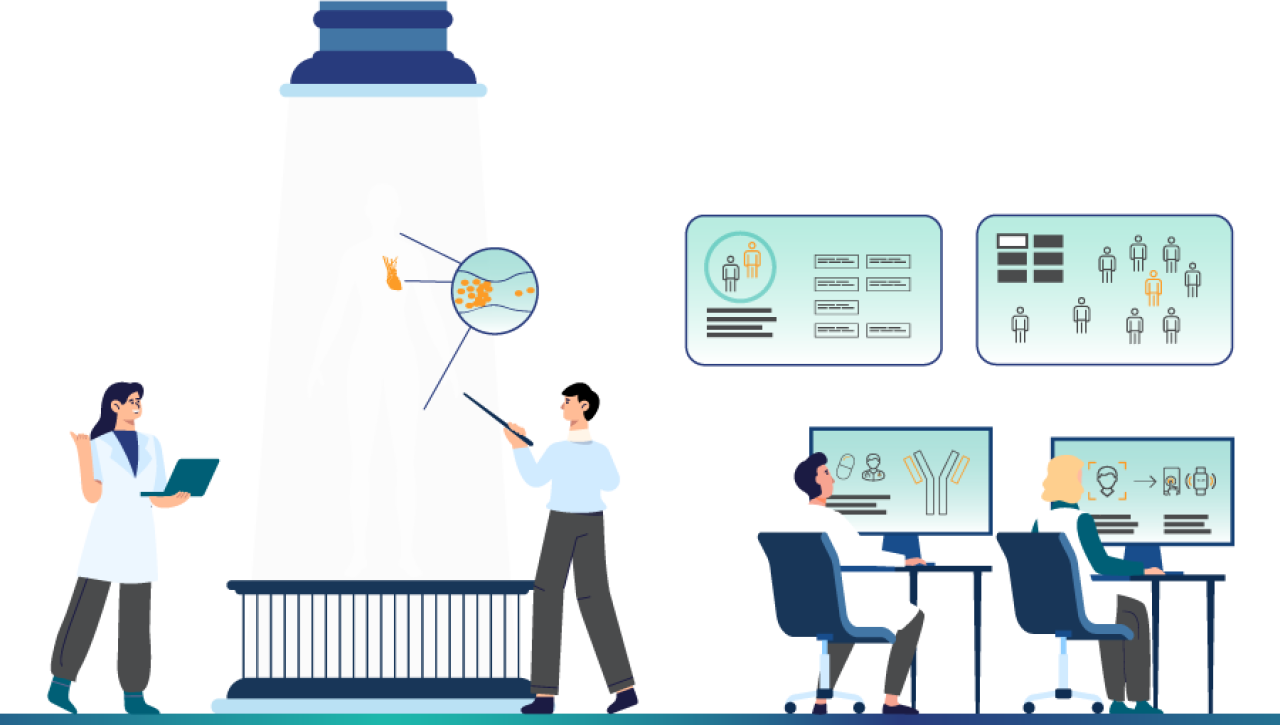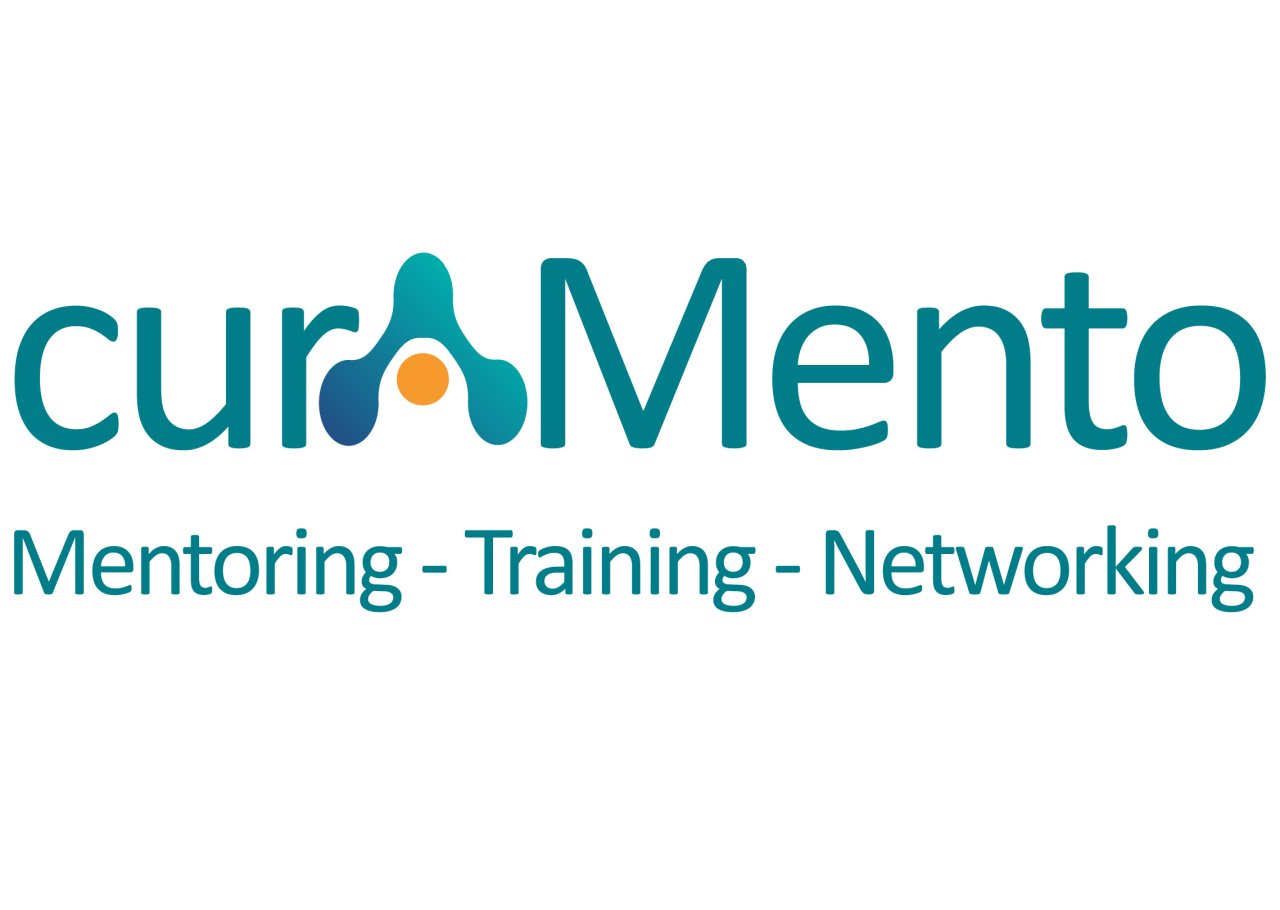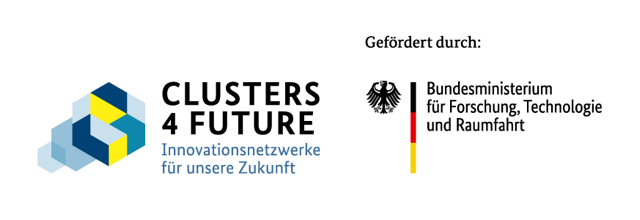Below mentioned links direct you to our career portals:
https://www.unimedizin-mainz.de/jobs/stellenangebote/alle-stellenangebote.html
Fellowships will be granted for the exchange of cross-project research work at different locations. Our target groups are scientifically interested Master's and medical doctoral students whose work may extend beyond the usual 6 months.
Fellowships can also be awarded to motivated students who would like to acquire expert knowledge in practice at an earlier stage of their studies. Dr. Cathrin Nourse ([javascript protected email address]) will be happy to answer any questions you may have.
Our interdisciplinary and intersectoral mentoring program “curAMento” is a two-year program for PhD students and early PostDocs. In one-to-one mentoring sessions as well as peer mentoring meetings, the mentees get an individual mentoring, take advantage of our curAEducate training program and expand their professional network.
The Mentors from our curATime network have diverse backgrounds in academia, industry or startups and share their knowledge, personal experiences and network with the mentees.
The first round of mentee-mentor partners started their mentoring journey in May 2024. Opening, mid-term and final events are the perfect opportunities to exchange experiences and to network.
Please feel free to send any questions about our mentoring program to [javascript protected email address].
curACulture wants to provide incentives to improve work-life balance. For example, we would like to strengthen the role of fathers within the cluster culture, making it easier for mothers to pursue their careers. We also encourage all curATime researchers to de-taboo the topic by addressing it on all curATime platforms in order to achieve a long-term culture change that is also lived by the leadership staff. To this end, we organize online seminars on work-life balance.
G&D as an employee
Within our program curAEquality, we want to improve equal opportunities with targeted actions and thus promote a more balanced gender distribution and diversity in leadership positions. Our motto is: "Harnessing the power of diversity to promote excellence". Excellent science needs excellent minds regardless of gender, origin, religion, race, sexual orientation, political conviction and economic, medical or social situation. This is equally important to our partners. In addition to a women's and equal opportunities office, the UM also runs a family service that offers assistance with questions on the topic of connecting family and career. TRON has established a committee on gender and diversity and has drawn up a comprehensive ‘Gender and Equality Plan’. DFKI is involved in activities that promote women and is working together with the agency "Fe:Male Leadership Development" and the society "Women in AI & Robotics" to promote gender equality.
G&D in research
It is important for us to conduct G&D-inclusive research to improve healthcare. The development of medical treatments is based on discoveries from preclinical and clinical studies. However, these studies often do not recapitulate population diversity or gender differences. Issues of inequity or discrimination due to bias arising from training data are also very present in machine learning (ML). Failure to account for population heterogeneity and gender differences can have profound effects on the outcome of research, as they can influence, for example, susceptibility, progression and treatment. In curACulture, we want to actively encourage researchers to address this issue. We will also collect Gender and Diversity research data ourselves to review the implementation and effectiveness of interventions and adjust them if necessary. The aim is to generate versatile, generalisable research results.


